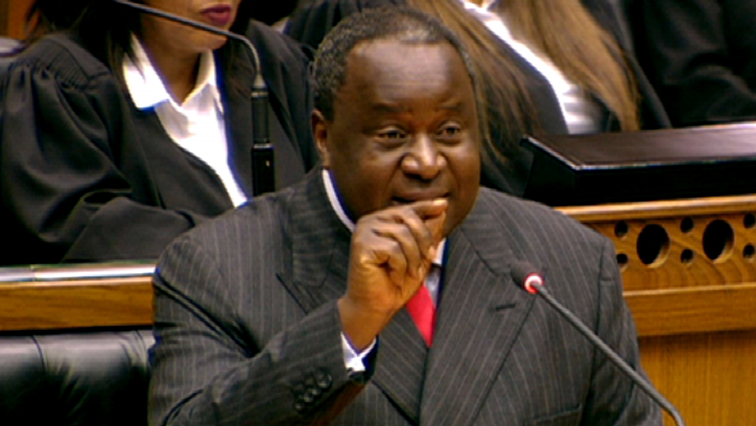The finance ministry says the ratings downgrade by Moody’s and Fitch will increase the country’s borrowing costs and constrain the fiscal framework.
In a statement, Finance Minister Tito Mboweni says there’s an urgent need for government to implement structural economic reforms to avoid further harm to the country’s sovereign rating.
Credit rating agencies Fitch and Moody’s lowered South Africa’s sovereign ratings further into junk late on Friday raising debt and more likely weakening in the fiscal strength, while S&P Global affirmed on hopes that credit strength will offset them.
Global Rating agencies Fitch and Moody’s say a combination of the country’s weakening fiscal position, rising government debt, and the economic impact of COVID-19 are to blame.
In an announcement on Friday night, Fitch said it had lowered the rating of SA’s long-term foreign currency debt to BB negative from BB.
Moody’s changed its assessment to Ba2 from Ba1, with a negative outlook, meaning another downgrade could follow if the economy performs worse or government debt rises faster than expected.
The third major global ratings agency, S&P, decided to keep SA’s sovereign credit rating assessment unchanged.
Fitch and Moody’s downgrades South Africa’s sovereign credit rating into further junk status:
In March, Moody’s downgraded South Africa’s sovereign credit rating to “junk” status.
South Africa’s Finance Ministry, at the time, said the downgrade would add to prevailing financial market stress.
Moody’s said the main driver behind the downgrade was “the continuing deterioration in fiscal strength and structurally very weak growth”.
“The unprecedented deterioration in the global economic outlook caused by the rapid spread of the coronavirus outbreak will exacerbate South Africa’s economic and fiscal challenges and will complicate the emergence of effective policy responses,” it added.






